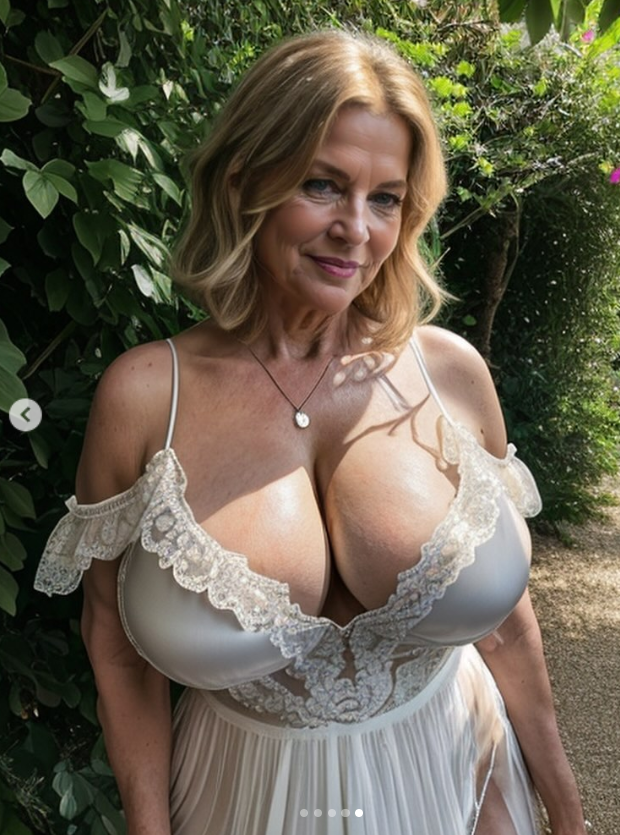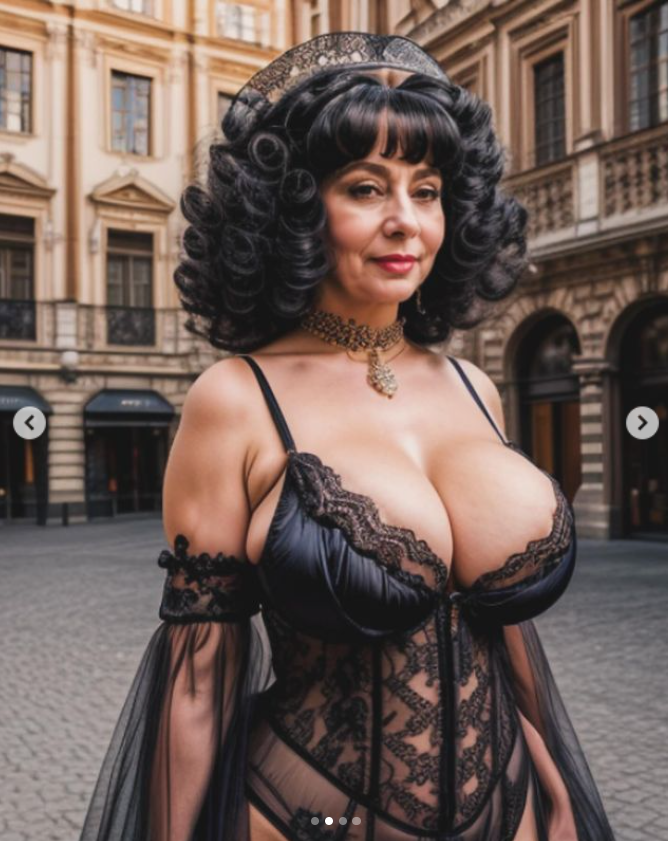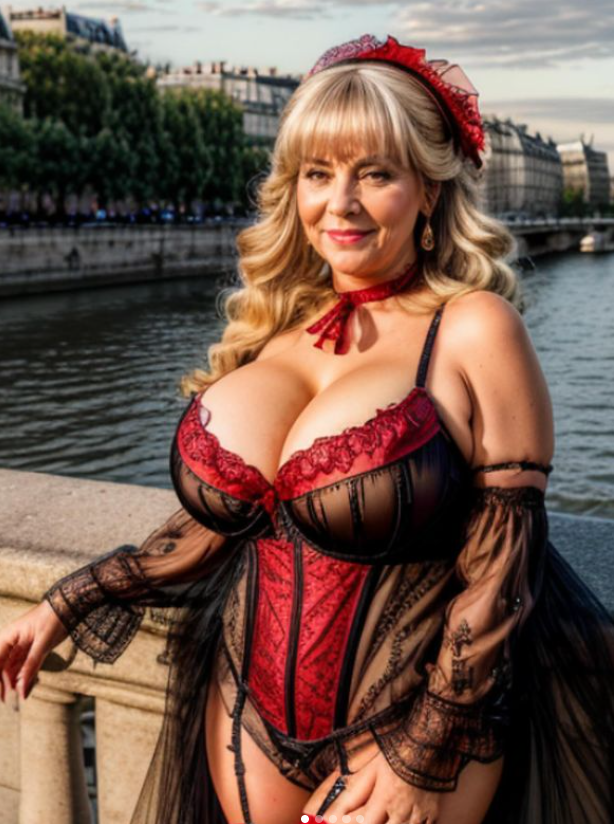When a woman enters middle-age she should be making different choices and leading. Paris is where she can do this, says Sarah Wilson

Last year, one month after turning 50, I packed up my belongings into two suitcases and moved to Paris. Why Paris? As I like to tell people who ask, it’s because the chairs at the cafés face out to the world.

Let me explain.
For a woman living in a late capitalist culture, one invariably reaches an age (40, give or take) at which one becomes invisible. Desire can no longer be marketed to us, nor can anything we do or say be sold as desirable to other demographics. We are neither nubile potential procreator nor homely grandmother. We occupy a wholly liminal space between roles deemed valuable by the market system.

But not in Paris.
I first arrived in the City of Light at 18 and have returned every few years since. Over time I noticed that the older I got, rather than being rendered invisible, I increasingly felt seen and respected. Even desirable.
Today, at cafés where there are a number of groups waiting for a table, I will be prioritised. I’ve been told by other women it’s due to my age.

My hairdresser who touches up my roots every two months repeatedly asks if “we can just go grey… it will look beautiful. In Paris grey is beautiful”. Indeed, I watch elegant women in their fifties and sixties with messy salt and pepper up-dos striding the streets, turning heads with their aesthetic audacity, and I’m tempted.
I had a lover 12 years my junior who I hooked up with for many years whenever I came to Paris. I saw him looking at my wrinkles one night. I got self-conscious and asked him to stop. “Mais, non! I love it. A woman’s lines tell me a story of a big life and all her magnificent experiences,” he said. Which is just so French.
But back to the chairs facing outwards.

Paris is a cramped city – more than 2.2 million people are wedged into an area that can be crossed on foot in two hours. And so most locals live in tiny apartments that force them onto the street, and into the terraces and cafés. Here they sit in a challenging intimacy, shoulder to shoulder, in wicker chairs that, yes, face out to the world.
This set-up infuses a curiosity in its people. The French watch the world as a pastime (I’ve not yet met a local who owns a television). And they watch the world, not in an up and down way, but with earnest enquiry. They’ll often try to catch your eye, and they’ll look for an excuse to start talking to you if you’re sitting alone. As a woman of a certain age you suddenly feel like you have currency. Unlike when I was 18, or 27 or 35, I have something to say. I have a story to tell. And in Paris, I find, people want to connect with it.
I’ve now lived in Paris almost a year (I have an artist’s visa, called a “passport talent”) and I’m waiting for the rose hue to fade. I meet other women from the UK, Australia and the States via creative meet-ups (book clubs, art salons, conversation groups and so on are popular and easy to find here) who came to Paris for similar reasons.
They tell me, that yes, the administration, the stairs and the heat in August are hard. But simply being seen, and being seen for the wisdom garnered as a woman at this fractured juncture in history, more than makes up for it.
Of course, Paris has long attracted a certain kind of woman. At the turn of the 20th century and between the world wars, philosophers, writers and mavericks like Simone de Beauvoir, Colette, Anais Nin, Gertrude Stein, Martha Gellhorn and Josephine Baker flocked to Paris for what I feel were quite similar reasons…to unfurl as a woman.